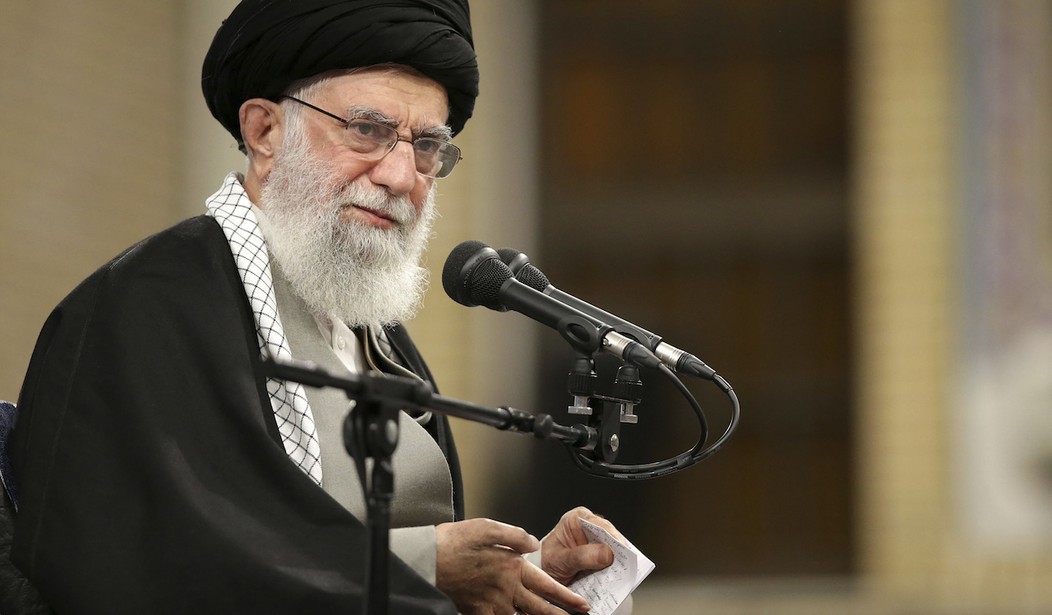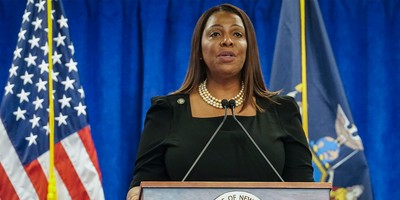Democracy, by definition and in its most general form, is a system of government in which the people have the power to choose their rulers. Of the main indicators for a democracy is the existence of free and fair elections. In addition, a free press, freedom of expression, and adherence to freedom of religion and beliefs are some of the other pillars of democracy that enable the people of a country to consciously and voluntarily elect government officials. There are democratic or parliamentary governments in which the president or prime minister is determined by parliamentary elections or by direct popular vote.
The Iranian regime, in other words Ali Khamenei, who has been the undisputed ruler of Iran for the past 32 years, claims that Iran is one of the freest and most democratic countries and governments in the world. And the people, with their complete freedom in all fields, elect the country's officials for a certain period via free elections. But with a brief look at what is happening in Iran, the accuracy of this claim can be assessed.
The twelfth presidential election is scheduled for June 18 in Iran. Contrary to Ali Khamenei, however, this election does not fit into any definition of democracy. Interestingly, even the country's officials themselves cannot answer the contradictions in this election because, first of all, according to the Iranian constitution, religious and ethnic minorities and women cannot become president. So there is a fundamental discrimination here that denies democracy.
Secondly, those who nominate themselves to run for presidency must pass the filter of 12 members of the Guardian Council in order to run for the elections. But this Guardian Council, consisting of six so-called clerics and six lawyers, is in fact all elected by the Supreme Leader (Ali Khamenei) and is therefore obliged to indulge his every whim.
Now, when we look at the record of the six people who are supposedly lawyers in this council to legally check the eligibility of the candidates, practically none of them are actually lawyers and each of them has been elected in this position only because of their background and affiliation with Khamenei. Of these are Abbas Ali Kadkhodai, the spokesperson for the Guardian Council who was a member of the Revolutionary Guards, Mohammad Hassan Sadeghi, one of the interrogators at Evin Prison in the 1980s, and Siamak Rahpik (vice secretary), all three of whom plus Mullah Ahmad janaty (Chairman of the Council) are currently on the US sanctions list for depriving the Iranian people of free and fair elections. Kadkhodai has publicly announced that they could not care less about the rejection of the election by the majority of people.
Recommended
As a result, the criterion for assessing the eligibility of candidates is solely political, not the actual qualifications of individuals. In fact, the main criterion is the genuine and practical commitment to Velayat-e-Faqih (the Guardianship of religious Jurist). Now, it is not clear how this criterion is justified in a democracy because, usually in a democratic government, representatives or candidates must be committed to principles such as defending freedom of expression, freedom of the press, people's rights, national interests...but in the current government of Iran, the most important principle is genuine and practical belief in the Vali-ye Faqih (Supreme leader), Khamenei. But still it is not necessarily clear how this indicator is determined. For example, in this same election, those who have repeatedly declared and demonstrated their commitment to the principle of Velayat-e-Faqih in the past, both verbally and in practice, have been disqualified.
Like Ali Larijani, who served two terms as the Speaker of Parliament and was a Revolutionary Guard commander for 10 years, and now an adviser to Ali Khamenei in the 25-year agreement with China. He was the MAIN party in the negotiations about this agreement and not the Iranian Foreign Ministry!
However, due to factional issues and Khamenei's desire for Ibrahim Ra'isi to win this year's presidential election, Ali Larijani was disqualified to prevent any competition. Or Ishaq Jahangiri, who is currently the first vice president of Hassan Rouhani and has been working in this position for eight years and if he is not qualified, how was he allowed to work in this position for eight years? Or Ahmadinejad, who, in addition to being president of the regime for two terms, is now a member of the Expediency Council and if he is disqualified, how is he doing his job in such a position?
All these contradictions and many others prove that not only is there no democracy in Iran, but a most obvious form of dictatorship rules that country.
In addition to these reasons, many times we have witnessed brutal and widespread repression of the people by killing, imprisoning, and torturing oppositions. For example, in the November 2019 demonstrations of people to protest a 300 percent rise in the price of fuel, in a decree from Khamenei, 1500 people were killed in the streets by the direct fire of the security forces and the Revolutionary Guards and 12,000 were detained and tortured.
The fact is that the vast majority of Iranians want a regime change, and if free elections are held under the auspices of the United Nations, none of these nominees will be elected, and then the real representatives of the people will be able to participate in the election or nominate themselves.
At present, the majority of Iranians have decided not to participate in this sham election by having boycotting campaigns. Their vote is in fact the regime change.
This is something that has angered Khamenei and other mullahs because the boycott of the elections would show the illegitimacy of their government. For this reason, this election is the foremost decisive election for Khamenei and his regime, and in the biggest gamble of his life and his regime, he has come out against the people and their protests, seeking to maintain his power and the system and create a guarantee for the future of his rule. But many experts say this election will probably be the last election under the mullahs' rule.
Cyrus Yaqubi is a Research Analyst and Iranian Foreign Affairs Commentator investigating the social issues and economy of the middle east countries in general and Iran in particular.

























Join the conversation as a VIP Member